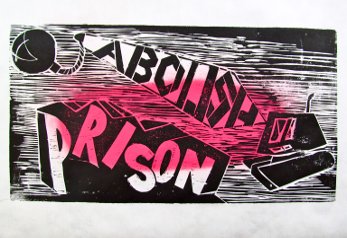Therapeutic jurisprudence (“TJ”) is the study of how legal systems affect the emotions, behaviors and mental health of people. It is a relatively new multidisciplinary field taking its name from jurisprudence, the study of the law, and therapeutic, the power to cure or heal. It examines how the law and those who enact it may be helpful or harmful to people’s wellbeing and mental health, and what alternatives there might be, including in specialist courts for particular problems. The term was first used by Professor David Wexler, of the University of Arizona Rogers College of Law and University of Puerto Rico School of Law, in a paper delivered to the National Institute of Mental Health in 1987. Along with Professor Bruce Winick of the University of Miami School of Law, who originated the concept with Wexler, the professors suggested the need for a new perspective, TJ, to study the extent to which substantive rules, legal procedures, and the role of legal actors (lawyers and judges primarily) produce therapeutic or anti-therapeutic consequences for individuals involved in the legal process. In the early 90’s, legal scholars began to use the term when discussing mental health law, including Wexler and Winick in their 1991 book, Essays in Therapeutic Jurisprudence. The TJ Approach soon spread beyond mental health law to include TJ work in criminal law, family and juvenile law, health law, tort law, contracts and commercial law, trusts and estates law, disability law, constitutional law, evidence law, and legal profession. The approach was soon applied to the way various legal actors–judges, lawyers, police officers, and expert witnesses—play their roles, suggesting ways of doing so that would diminish unintended anti-therapeutic consequences and increase the psychological well-being of those who come into contact with these legal figures. Some countries embraced the TJ movement more than others: particularly America where it originated, as well as Canada and Australia albeit with reservations, with England mainly resisting while nevertheless developing some problem-solving courts. A critical panel on TJ
Related Articles
Should we abolish the prisons?
arguments of a movement
The Danish and the urgency to end torture
while no less than 131 countries are torturing their citizens
Waiting 30 years for his execution date
Santiago Esteinou's documentary The Years of Fierro
What are the rights of the marginalized?
the work of the Pivot Legal Society
dilemas, dilemas, and Mister Sander
Is there justice for the homeless, addicts, and sex workers?
living in the margins in Canada
The triumph of the rule of law
the World Justice Project
a documentary about the Commission for Reconciliation
the excellent work of REPRIEVE
30 short videos from the first entirely student-run international organization
![]()
STAY IN TOUCH
SUBSCRIBE TO OUR NEWSLETTER
AND RECEIVE OUR LATEST STORIES










